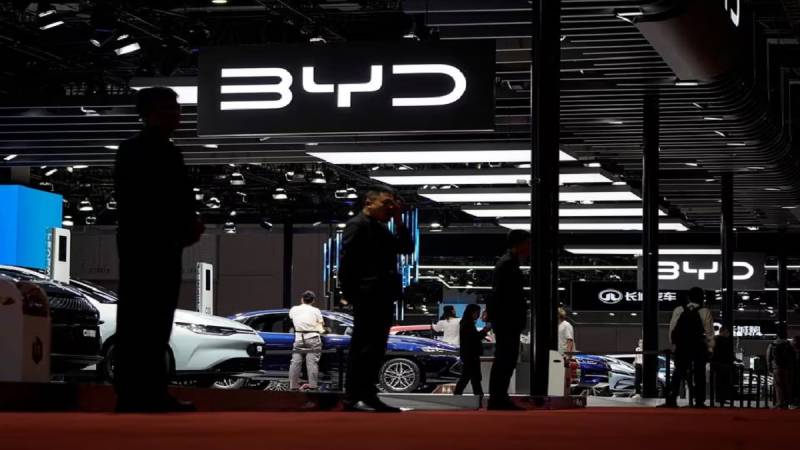
The European Commission has announced that it will impose duties, up to 38.1%, on Chinese electrical vehicles (EVs) imported into the EU beginning in July.
The EU launched an anti-subsidy investigation into Chinese EVs in October 2023, and believes that Beijing offers state subsidies for EV manufacturers like BYD, Geely and SAIC in every step of the manufacturing process, and that the exports of cheaper EVs to Europe hurts domestic automobile manufacturers. The protectionist move is certain to be met to be met by retaliatory tariffs from China.
The EU’s move comes on the heels of a decision by the US Department of Commerce to impose heavier duties on Chinese EVs and battery technology.
The duties are designed to assist European carmakers who are reeling from competition, with the influx of cheaper Chinese built EVs in the European market.
Many European automobile manufacturers however, also have manufacturing facilities in China, including BMW and Tesla, and nearly half of all EVs imported into the EU from China are manufactured by Western automobile companies.
In a response to the announcement, Chinese foreign ministry spokesperson Lin Jian said that the tariffs were a “typical case of protectionism” and that tariffs would diminish EU-China economic cooperation.
Surprisingly, European car manufacturers released statements condemning the move, with Mercedes-Benz suggesting that Germany, as an automobile exporting nation, did not need to engage in trade protectionism. BMW said that these tariffs were the “wrong way to go.”
